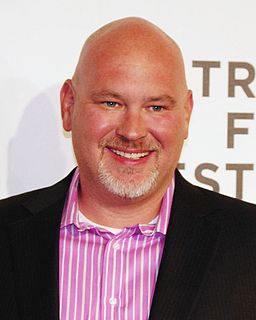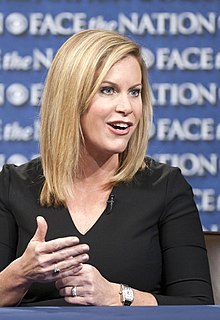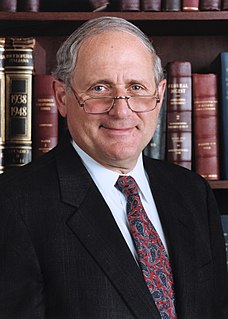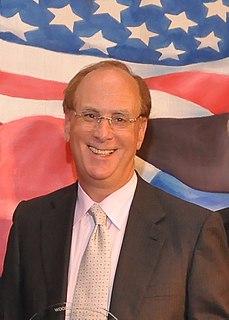A Quote by Adam McKay
With the derivatives market larger than ever, we need way more regulation of Wall Street, not less.
Quote Topics
Related Quotes
I think the money for the solutions for global poverty is on Wall Street. Wall Street allocates capital. And we need to get capital to the ideas that are successful, whether it's microfinance, whether it's through financial literacy programs, Wall Street can be the engine that makes capital get to the people who need it.
I heard governor Romney here called me an economic lightweight because I wasn't a Wall Street financier like he was. Do you really believe this country wants to elect a Wall Street financier as the president of the United States? Do you think that's the experience that we need? Someone who's going to take and look after as he did his friends on Wall Street and bail them out at the expense of Main Street America.
We don't hear our president [Barack Obama] talking about the need for high-quality jobs for everybody, giving it priority, not just giving a speech in Detroit. That's fine, but speaking to Tim Geithner, speaking to Larry Summers. When are you going to make jobs, jobs, jobs a priority rather than Wall Street, Wall Street, Wall Street a priority? That's what I'm concerned about.






































